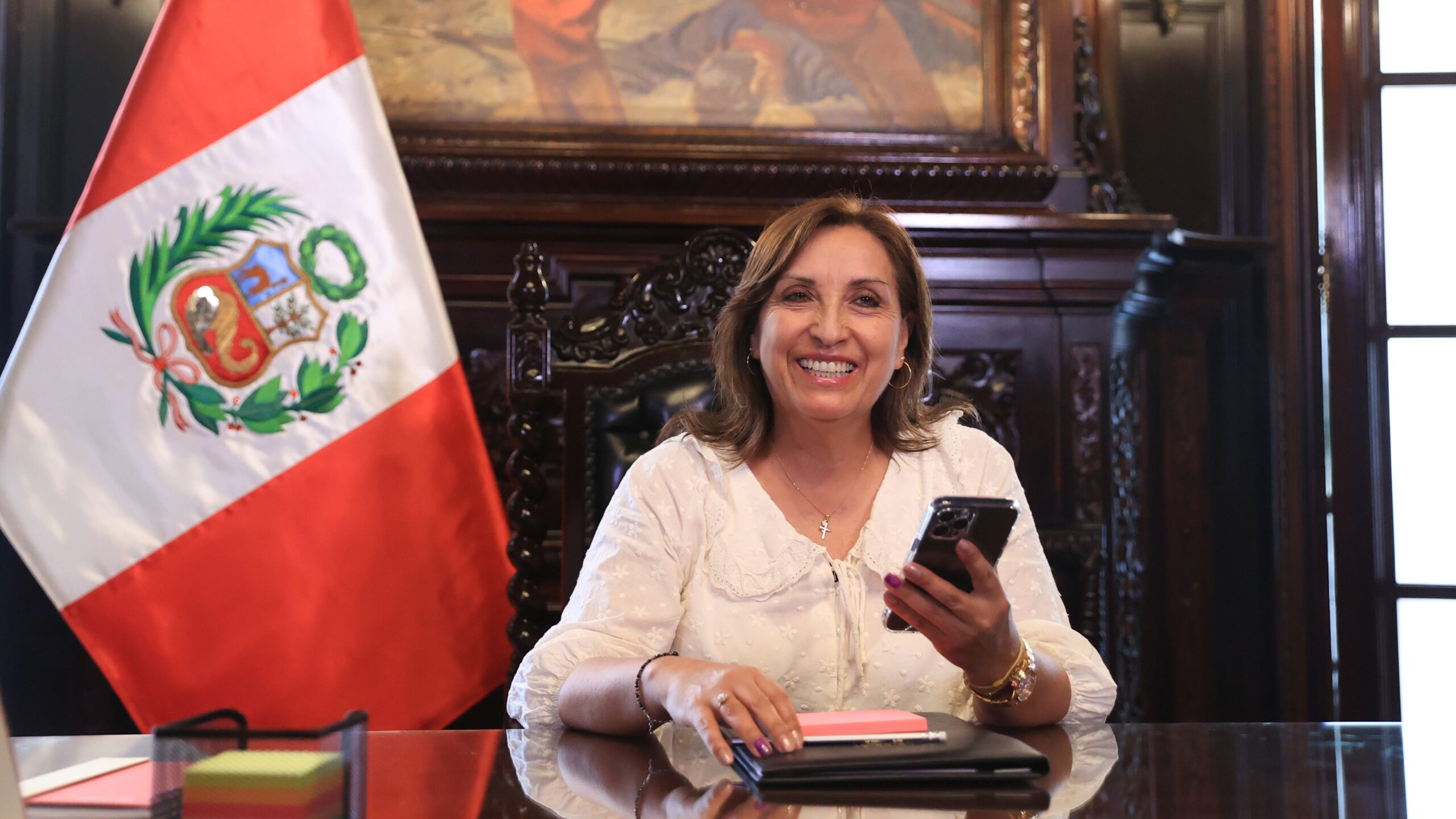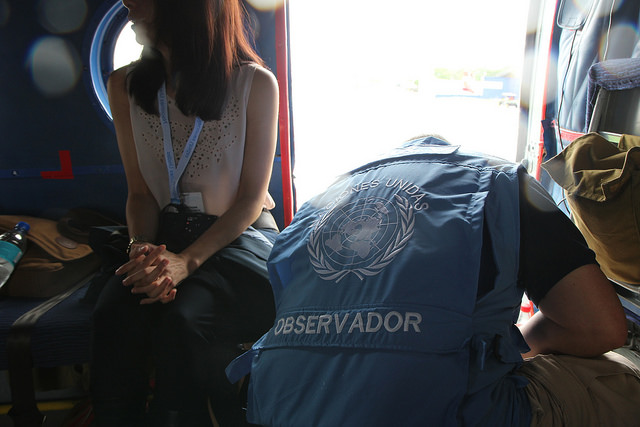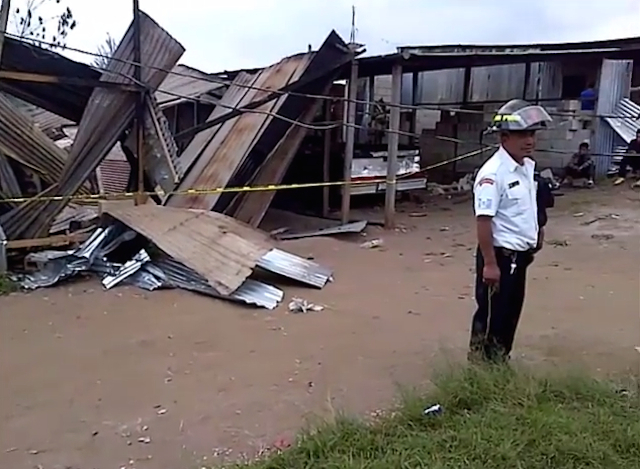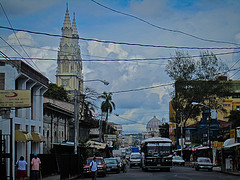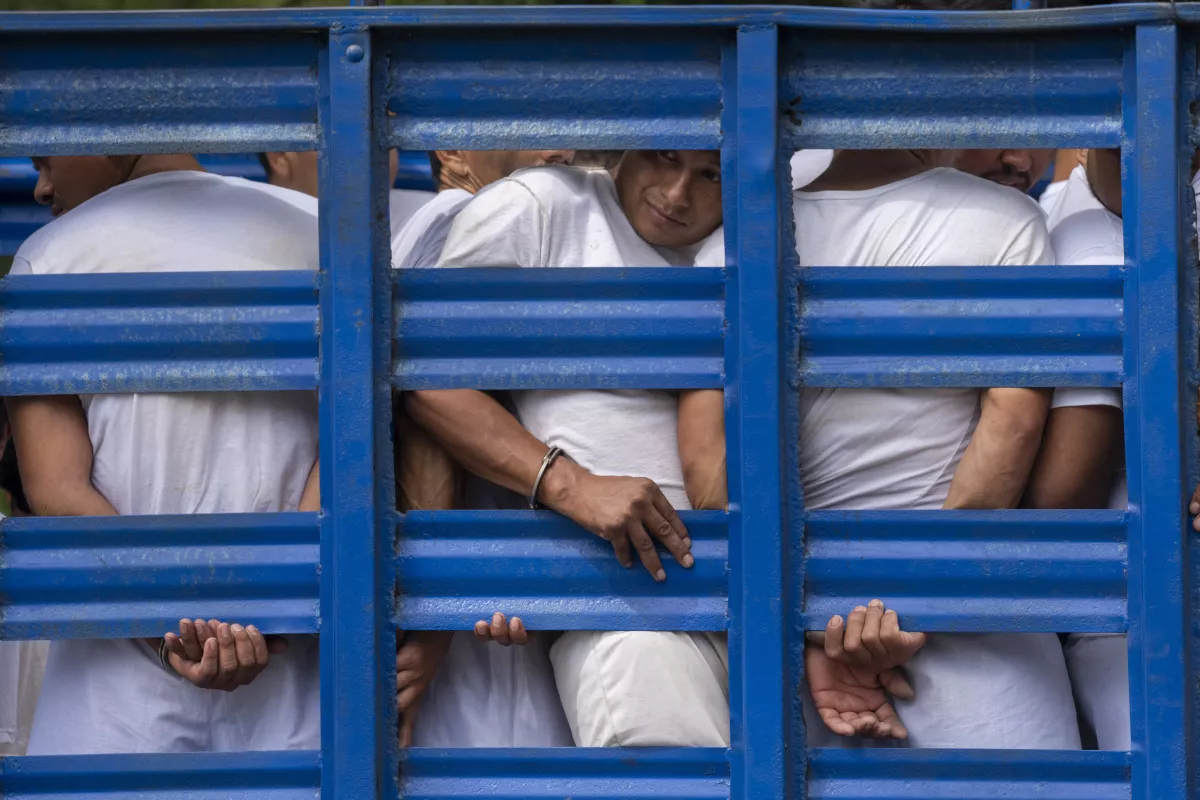
Central America, El Salvador
Latin America Likes Bukele’s ‘War on Gangs.’ That’s a Problem
December 28, 2022 By Tiziano Breda
This story first appeared in World Politics Review. To view it, click here.
Back in October, the mother of Karla Raquel Garcia stood with other protesting parents outside the juvenile detention center in Ilopango, El Salvador, waving $300 in the air as she tearfully demanded information on the whereabouts of her daughter. Sixteen-year-old Karla had been arrested for no clear reason in June and reportedly lost the baby she was carrying due to a beating at the hands of the arresting officers. Since then, Karla’s mother has not had any news about her daughter’s whereabouts and condition.
“I trusted you, mister president,” Karla’s mother shouted. “You gave us $300. I’ll hand them back to you, mister president. Give me my daughter back.”
Though Salvadoran President Nayib Bukele was not there to hear her that day, the $300 that Karla’s mother brandished was the amount his government had handed out to some 100,000 poor families in 2020 to soften the effects of COVID-19 lockdowns. Inhabitants of hard-up areas where the money was distributed had never seen such generosity from the state. To the contrary, they were far more accustomed to being treated with disdain by the country’s often corrupt high officials.
But Karla and many others like her have now come to see the more menacing side of a government whose leader is hungry for power and popularity—and extremely gifted at securing both. Her case is one of thousands of abuses that El Salvador’s authorities are accused of carrying out since late March, when Bukele imposed a state of emergency in response to a gang-led killing spree that left 87 dead in one weekend. Since then, Salvadoran security forces have conducted the largest dragnet of suspected gang members in the history of Central America. Accompanied by its bespoke social media hashtag #WarOnGangs, the operation has resulted in so many arrests that El Salvador now ranks as the country with the highest prison population per capita in the world.
Official social media accounts have relentlessly broadcast images of tattooed men detained in police and military roundups. When one of them appeared roughed up and bloodied, Bukele mockingly suggested on Twitter that the detainee wasn’t bleeding, but rather had been “eating fries with ketchup.” When international human rights groups criticized the methods his government is employing, the president rhetorically asked them how many gang members they would be willing to take in themselves.
His taunting responses reflect how Bukele has framed the situation as one in which there is no middle ground: You are either with the president or you support the gangs.
The 41-year-old president appears to have found a political formula to maintain sky-high popularity—his approval rating currently stands at nearly 90 percent—in a region more accustomed to street protests and leaders nose-diving in the polls. Even though his country is a relative minnow in Latin American affairs, Bukele has become a household name across the region, venerated as a leader who gets the job done, be it pandemic control, subsidies for the poor, crypto-currency rollout or crime reduction.
Critics revile him for his autocratic ways and alleged intention of becoming a “cool dictator.” But citizens, public officials and aspiring candidates in crime-plagued nations across Latin America have looked to Bukele for inspiration. In August, days after a bomb attack killed five in Guayaquil, Ecuador, the city’s mayor asked, “Who fights insecurity in El Salvador, a mayor or the president? It’s Bukele! … Copy it, as simple as that.” Honduras’ President Xiomara Castro recently launched her own “war on extortion” and imposed a similar state of emergency in 162 communities with a strong gang presence in Tegucigalpa and San Pedro Sula.
This combination of results-oriented determination, iron-fisted rule and off-the-charts popularity has characterized Bukele’s presidency since he took office in 2019. It is now on prominent display in the campaign to tackle El Salvador’s brutal streets gangs, which became embedded in the country—as well as elsewhere across Central America—in the 1990s, after the U.S. began deporting thousands of immigrants with criminal convictions back to their countries of origin in the region.
Over the past eight months, Bukele claims to have drastically reduced the country’s levels of murderous violence, with authorities reporting more than 150 days with zero homicides since the imposition of the state of emergency. Consider that just seven years ago, the country held the infamous title of world’s murder capital, with an average of around 20 per day. Many shop owners also report that they have stopped paying extortion, too, the backbone of gangs’ revenues for years.
Government officials claim that this reduction in homicides is a direct result of the anti-gang operation, in which they have arrested around 59,000 alleged gang members and collaborators. That amounts to roughly one in every 50 adult Salvadorans being held behind bars. Construction teams are now hard at work building a massive new jail designed to house 40,000 prisoners, or twice the capacity of the world’s current largest prison in Turkey.
These claims of success raise the question of whether these “states of emergency” are the new silver bullet that El Salvador and rest of the region needs to curb gang violence and win back public support.
On closer examination, however, the campaign’s actual record is far murkier than the government’s claims. First, indiscriminate arrests are not the only way to reduce criminal violence. In fact, under Bukele’s watch prior to the crackdown, El Salvador had already reported an 80 percent decline in homicides in 2021 compared to 2015. At 18 murders per 100,000 inhabitants, the country’s murder rate was still 16 times higher than a country like the United Kingdom. But it was dramatically lower than the 103 per 100,000 recorded seven years ago, when murders spiked after a truce between the government and the country’s main gangs broke down.
According to investigative reporting based on official documents and gang members’ testimonies, Bukele’s government achieved that initial reduction in homicides by engaging in secretive negotiations with the country’s main criminal outfits, the Mara Salvatrucha and 18th Street gang, in an effort to reach an understanding to bring violence down. Authorities reportedly allowed imprisoned gang leaders to meet with relatives and fellow gang members through non-essential transfers to hospitals; released some of them well before the end of their sentences; and cut back on the use of firearms in battling the gangs outside of prisons. In return, the gangs allegedly scaled back their use of violence and provided electoral support in 2021 parliamentary and local elections that gave Bukele a supermajority in the National Assembly. They even helped police the country’s strict COVID-19 lockdown in gang-controlled neighborhoods.
Instead of building on these understandings to start discussing ways to demobilize gangs in formal talks, however, Bukele denied any such conversations had ever taken place. He then appeared to lose interest in holding talks once he had gained control of the legislature and, subsequently, the judiciary in 2021. The gang’s brutal show of force in March was seemingly sparked by the government’s perceived betrayal of these arrangements.
Bukele’s crackdown also comes at the cost of massive human rights abuses and a humanitarian emergency in El Salvador’s prisons. Grounds for arrest are so vague that simply looking “suspicious” or “nervous” during a police search is enough to warrant being detained. According to a diplomat with access to sources in El Salvador’s jails, which have become off-limits to independent observers, 35 to 45 inmates are crammed in small cells, with five people sharing each bed. The minister of justice and public security confirmed that at least 90 deaths had occurred in jails under the state of emergency, but relatives often only learn of their loved one’s death when an undertaker knocks at their door.
Though the security offensive has undoubtedly removed a significant number of gang members from the streets, the net it casts is very broad. Arbitrary arrests risk pushing potential new recruits and former criminals into the gangs’ arms. The gangs could even eventually decide to fight back violently. “If we don’t have any way out, we’ll have to take up arms and go to the battle, because we as 18th Street gang won’t allow that they kill us and torture our members,” warned a gang representative in an audio recording obtained by International Crisis Group a few months ago.
Finally, Bukele’s anti-crime strategy seems to be nested in his broader efforts to consolidate power. Under the umbrella of the “war on gangs,” the government has introduced legal reforms that allow for penalizing media outlets deemed to have spread gangs’ messages, while reducing guarantees of a fair trial and easing restrictions on wiretapping citizens. No one has been held accountable for the unlawful arrests under the anti-gang campaign. Nor has anyone in El Salvador’s courts or legislature debated the perennial renewal of the state of emergency, which is expected to be extended for the ninth—and probably not the last—time today. To the contrary, all state institutions abide by the president’s will.
In short, anyone seeking to imitate Bukele’s methods due to his popularity and apparent success should be aware of the harm those methods are causing. The crackdown carries with it steep humanitarian costs and the risk that criminal groups might regroup and strike back, all while further eroding the rule of law.
Bukele and his admirers should opt instead for a more humane and sustainable approach, one that offers opportunities for at-risk youth and a second chance to the thousands of former gang members who have paid for their crimes and wish to build new lives as law-abiding citizens.
Shutting the door on them will nurture a vicious cycle of marginalization and violence, while sacrificing hard-fought democratic checks and balances in the name of fragile security gains. That is not a tradeoff Latin America should embrace.
About Tiziano Breda
Tiziano Breda is an analyst with the International Crisis Group, covering Central America for over four years. In January 2023, he will start working as a research fellow for the Italian think tank IAI, focusing on EU foreign policy and Latin American affairs.
< Previous Article
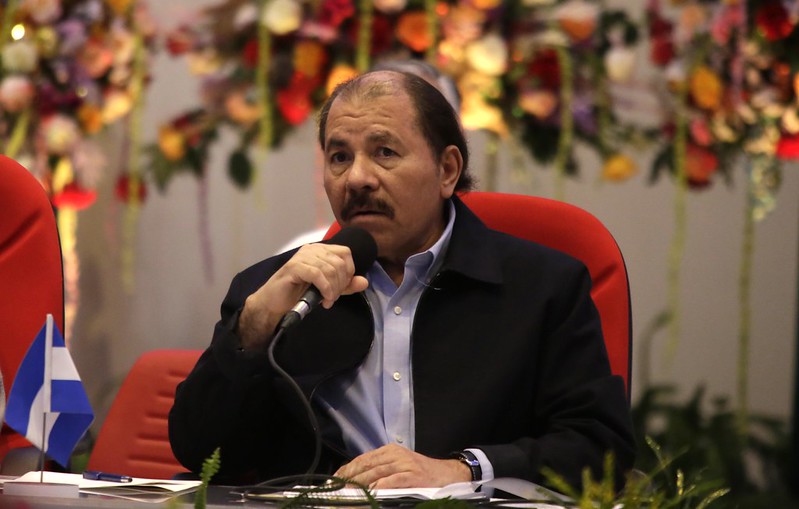
December 25, 2022 > Alfredo Eladio Moreno
Almost half of Nicaraguan NGOs dissolved
Next Article >
